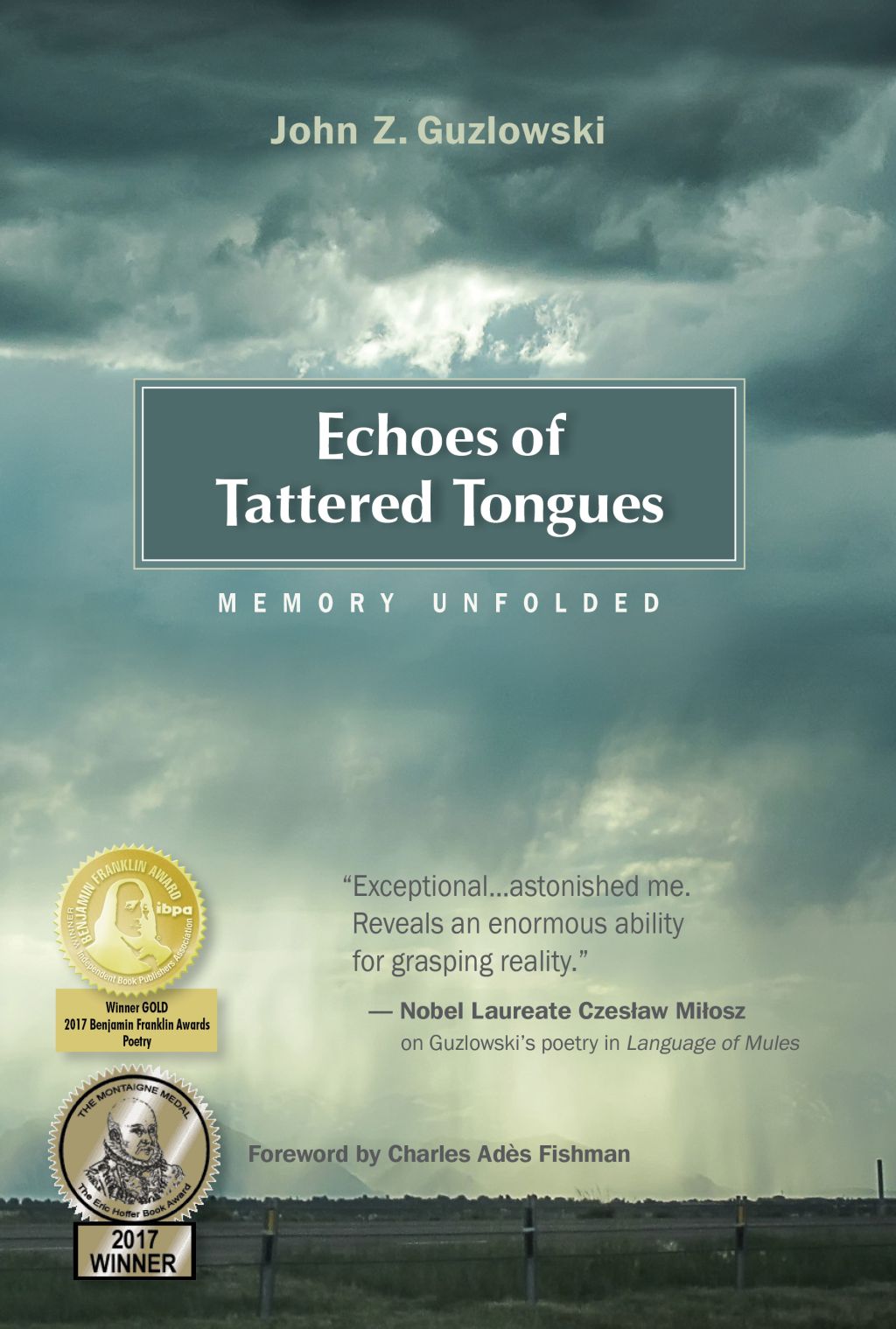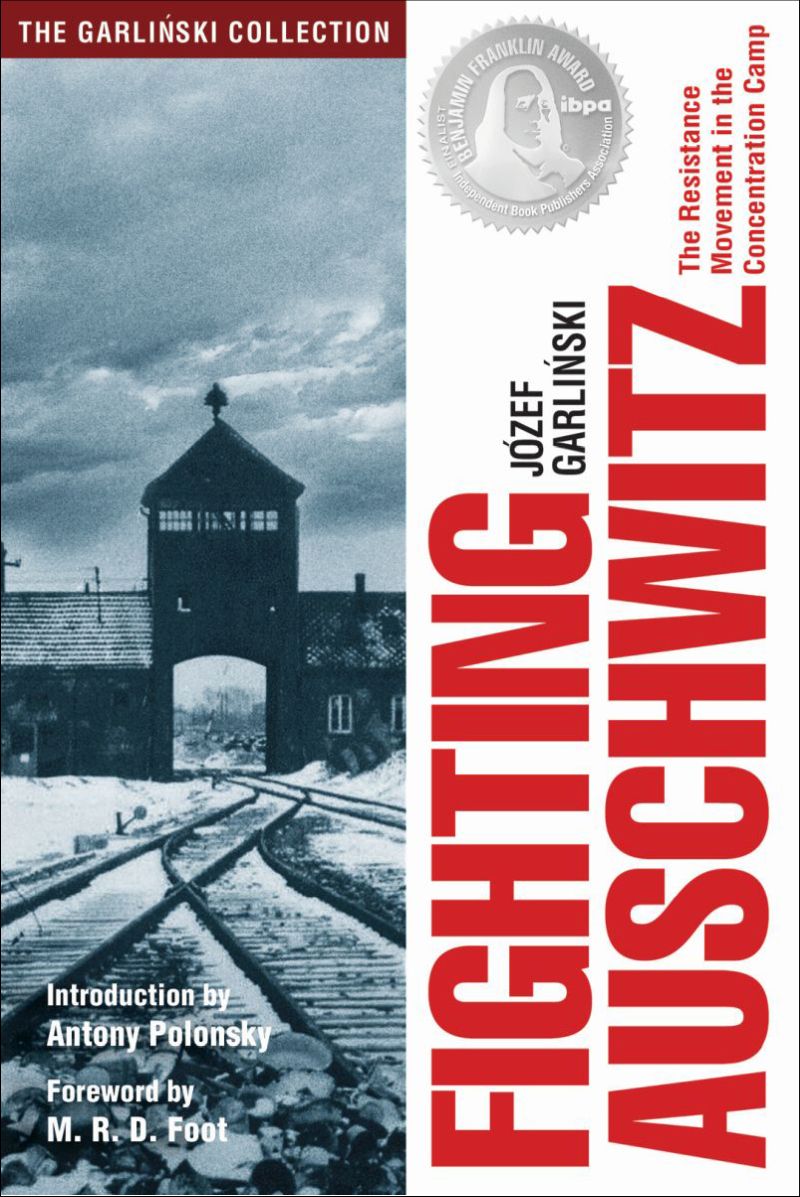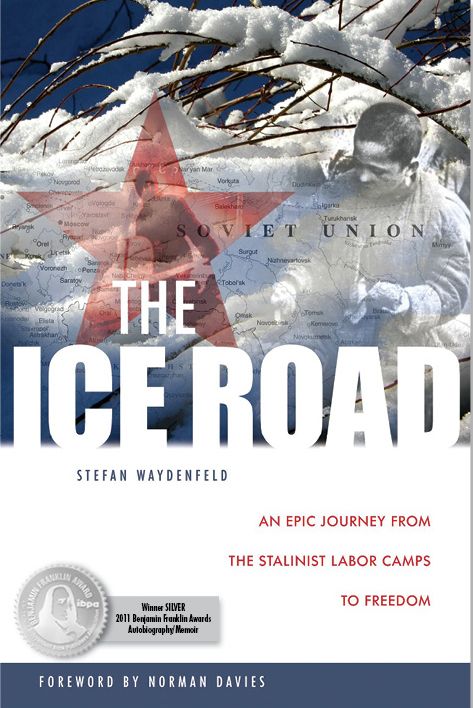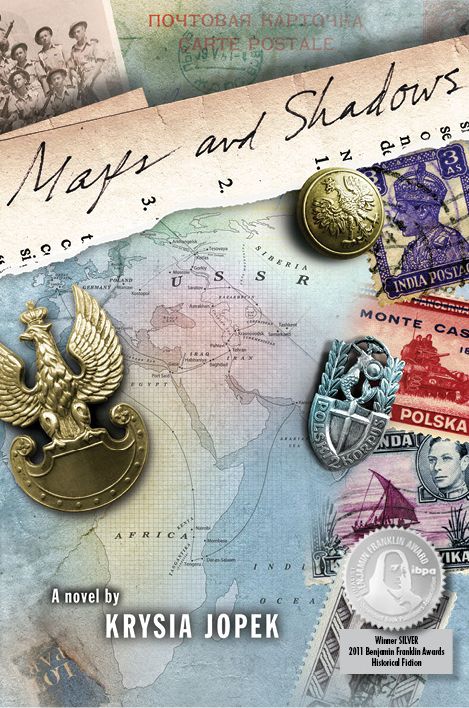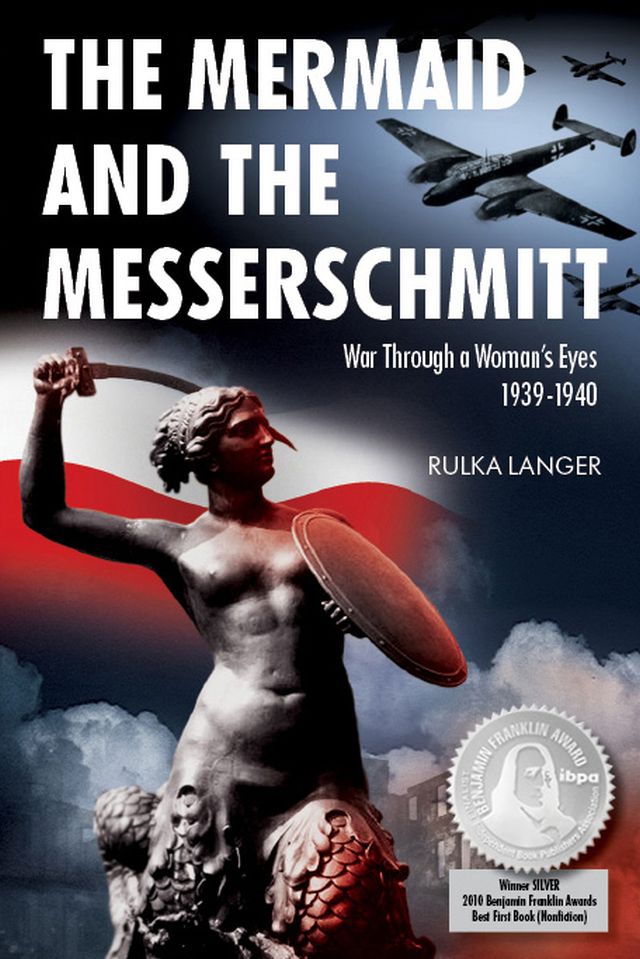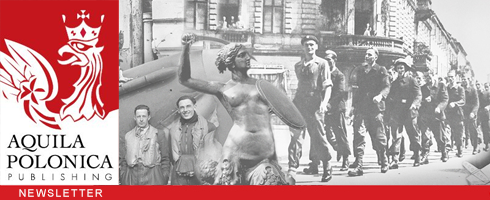
THE AQUILA POLONICA PRIZE
2011


The biennial Aquila Polonica Prize is awarded under the auspices of the Polish Studies Association to the author of the best article written in English during the previous two years on any aspect of Polish studies.
The award carries a $500 honorarium donated by Aquila Polonica Publishing, and is announced during the Polish Studies Association meeting at the National Convention of the Association for Slavic, Eurasian, and East European Studies (“ASEEES”).
 Honorable Mention winner Robert Brierand Aquila Polonica president Terry TegnazianThe 2011 winners were selected from a field of 19 nominees by a three-person committee appointed by the Polish Studies Association, with one representative each from the social sciences, literature/culture, and history. Winners were announced on November 20, 2011 at the ASEEES Convention in Washington, D.C. Aquila Polonica president Terry Tegnazian was on hand to present the prize.
Honorable Mention winner Robert Brierand Aquila Polonica president Terry TegnazianThe 2011 winners were selected from a field of 19 nominees by a three-person committee appointed by the Polish Studies Association, with one representative each from the social sciences, literature/culture, and history. Winners were announced on November 20, 2011 at the ASEEES Convention in Washington, D.C. Aquila Polonica president Terry Tegnazian was on hand to present the prize.
There were so many excellent articles submitted in competition for the 2011 Aquila Polonica Prize that the prize was split between two winners. An additional article was singled out for Honorable Mention.
2011 Winners
Michael Fleming, “The Ethno-Religious Ambitions of the Roman Catholic Church and the Ascendancy of Communism in Post-War Poland (1945-1950),” Nations and Nationalism 16 (2010): 637-656.
This paper differentiates between centrifugal and centripetal aspects of ethno-nationalism to help account for the ascendancy of communism in the immediate aftermath ofWorldWar II in Poland. It argues that the directing of social antipathy to defined out-groups allowed the Polish Workers’ Party (PPR) to manage social anger and that the Roman Catholic Church’s ethno-religious agenda was aligned with the PPR’s ethno-nationalist policy. Furthermore, it is contended that the Church’s toleration of hostile actions directed at minority communities supported the PPR’s management of social anger. The paper concludes that the Church, despite its manifest intentions and contrary to contemporary perceptions, played a role in the PPR’s achievement of hegemony.
Magda Romanska, “Between History and Memory: Auschwitz in Akropolis, Akropolis in Auschwitz,” Theatre Survey 50 (2009): 223-250.
In 1962, Polish director Jerzy Grotowski mounted an adaptation of playwright Stanisław Wyspiański’s 1904 play Akropolis. When James MacTaggart filmed it in 1968, the production gained immediate cult status among American theatre critics, scholars, and practitioners. Although Grotowski’s production had already been seen internationally (though by a very limited audience), the film made it available to those outside major theatre centers. Notwithstanding the buzz that surrounded the film’s release, most of the interest was focused on the acting and the set design; the fact that the show was based on an obscure modernist drama evoked little critical comment. Although the film’s voice-over translated some lines of the play, the dialogue was not the main focus of commentary about the film or criticism of the play after the film was released. In 1974, Harold Clurman wrote that “the lines [of Grotowski’s adaptation] spoken at incredible speed are not dialogue; they are tortured exclamations projected in the direction of another being, but with no shape as personal address. (It has been said that a knowledge of Polish does not make the lines readily intelligible… “Clurman sidestepped discussing the text altogether, arguing that one does not need to understand it in order to understand the production.
2011 Honorable Mention
Robert Brier, “Adam Michnik’s Understanding of Totalitarianism and the West European Left: A Historical and Transnational Approach to Dissident Political Thought,” East European Politics and Societies 25 (2011): 197-218.
There is a supreme irony concerning the history of the concept of “totalitarianism”: during the 1970s, many Western social scientists and intellectuals abandoned this concept, arguing that it was too rigid to account for the changes that were occurring in Eastern Europe at the time; one of the developments they cited was the rise of Central European and Soviet dissidents. at precisely this time, however, the dissidents themselves started to apply the adjective totalitarian to the Communist regimes they rebelled against. Focusing on Adam Michnik’s writings, the article assesses this seeming paradox by adopting a transnational perspective. The article’s main thesis is that, for Michnik, the value of “totalitarianism” did not lie in its analytical precision but in the discursive force the term acquired in transnational exchanges in which Michnik tried to mobilize the support of the Western left for the cause of the Polish opposition. The article substantiates this thesis with two case studies addressing West German Social Democrats, the concept of totalitarianism seems to have served as a means of convincing them that support for the Polish opposition was not detrimental to reforms in Eastern Europe and to international détente but a necessary precondition for any authentic peace. In addressing French audiences, Michnik seems to have used the adjective totalitarian to convince his interlocutors that human rights advocacy was not just any kind of issue but that French and Polish democratic socialists faced a common threat.
 PSA president Brian Porter-Szucs and Terry Tegnazian
PSA president Brian Porter-Szucs and Terry Tegnazian
 A little pre-meeting socializing
A little pre-meeting socializing




